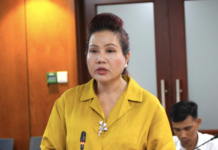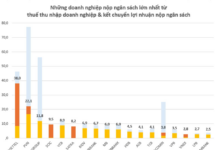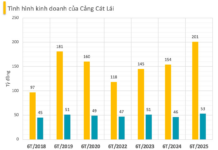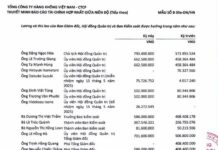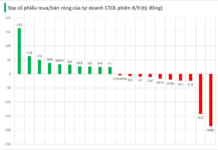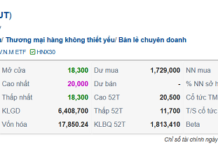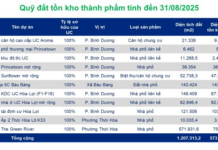According to Article 235 of the Land Law amendment, the State encourages disputing parties to voluntarily reconcile, reconcile at the grassroots level as prescribed by laws on grassroots reconciliation, reconcile as prescribed by laws on commercial reconciliation or other reconciliation mechanisms as prescribed by laws.
In particular, the new Law stipulates that before the competent state authority resolves land disputes as prescribed (court or competent level People’s Committee), disputing parties must carry out reconciliation at the commune-level People’s Committee where the disputed land is located, except for areas where there is no district-level administrative unit under the district-level People’s Committee. Compared to the 2013 Land Law, this is a new provision.
Regarding the procedure for reconciling land disputes at the commune-level People’s Committee, after receiving a request for reconciliation of land disputes, the Chairman of the commune-level People’s Committee where the disputed land is located is responsible for establishing a Council for reconciling land disputes to carry out reconciliation of land disputes.
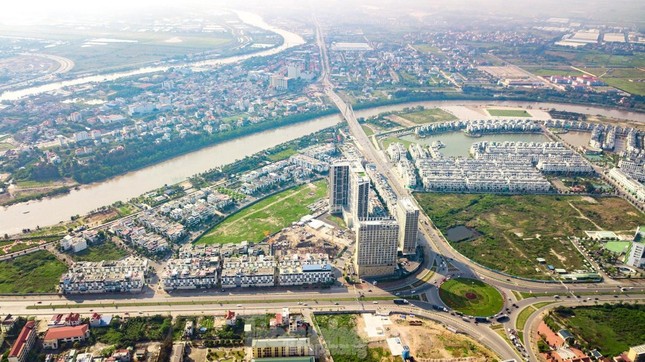
The amended Land Law takes effect from 1/1/2025 and stipulates that before the competent state authority resolves land disputes (court or competent level People’s Committee), disputing parties must carry out reconciliation at the commune-level People’s Committee where the disputed land is located.
The Council for reconciling land disputes consists of: the Chairman or Vice Chairman of the commune-level People’s Committee serving as the Chairman of the Council, representatives of the Communal Fatherland Front Committee, officials in charge of land administration, long-term residents who are knowledgeable about the origin and use process of the disputed land (if any). Depending on each specific case, representatives of other organizations or individuals may be invited to participate in the Council for reconciling land disputes.
The reconciliation of land disputes at the commune-level People’s Committee shall be carried out within a period not exceeding 30 days from the date of receiving the request for reconciliation of land disputes (This period has been shortened compared to the current regulation, the 2013 Land Law stipulates to be implemented within a period not exceeding 45 days from the date of receiving the request for resolution of land disputes).
The reconciliation must be recorded in minutes signed by the parties and confirmed as reconciled or not reconciled by the commune-level People’s Committee. The minutes of reconciliation are sent to the disputing parties and kept at the commune-level People’s Committee where the disputed land is located.
In case the reconciliation is not achieved and one or more disputing parties do not sign the minutes, the Chairman of the Council, the participating members must sign the minutes, seal of the commune-level People’s Committee and send it to the disputing parties.
For cases in which reconciliation is achieved and there are changes in boundary, area, land users, within 30 working days from the date of receiving the reconciliation result certification, the participating parties must send the certification of reconciliation results to the competent state authority to carry out registration and issue the Certificate of land use right, ownership rights attached to the land as prescribed.









